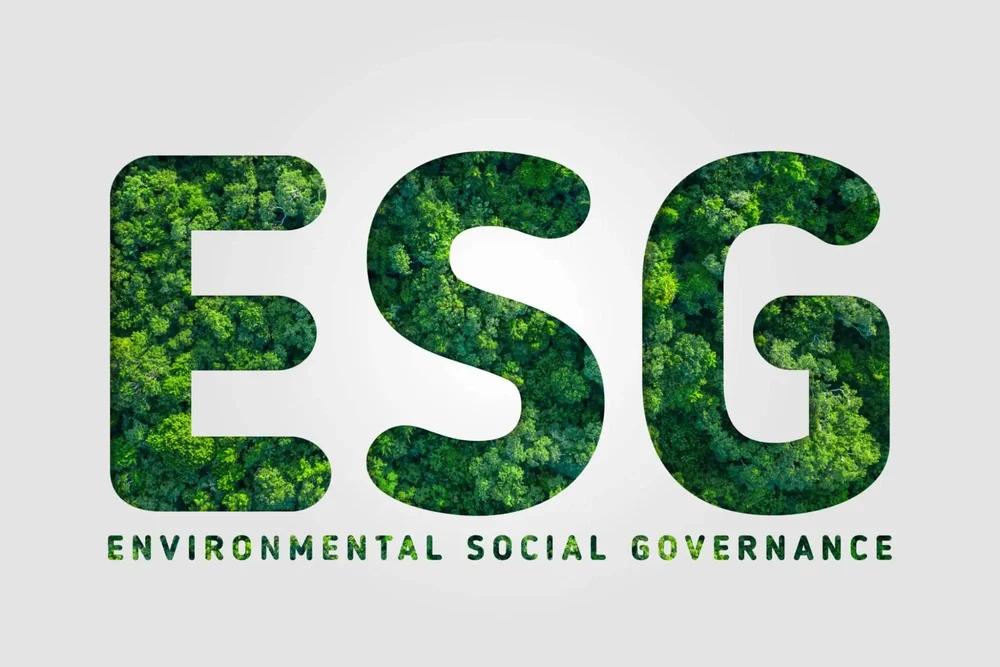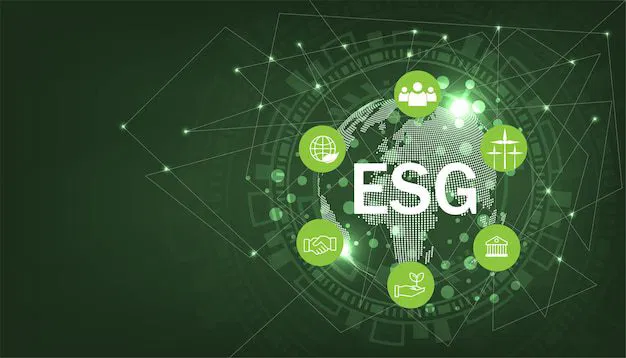Sustainability reporting is no longer a voluntary initiative or corporate afterthought in Malaysia. As regulatory frameworks become more aligned with international environmental, social and governance (ESG) expectations, businesses must provide credible and transparent disclosures to meet the scrutiny of investors, regulators, and global partners. The use of Malaysia sustainability reporting software is proving to be a vital enabler for companies seeking not only regulatory compliance, but also long-term investor confidence.
The Regulatory Context Driving ESG Reporting in Malaysia
A Growing Need for Structured ESG Disclosure
Malaysia’s approach to ESG reporting is evolving in line with global benchmarks. Institutions like Bursa Malaysia and the Securities Commission Malaysia have taken significant steps in mandating sustainability disclosures from listed companies. The latest Bursa Malaysia Sustainability Reporting Guide outlines expectations for materiality assessment, governance structures, risk management, and performance measurement in ESG domains.
As ESG risks increasingly influence capital markets, institutional investors now expect companies to demonstrate how sustainability risks are managed and how ESG performance is integrated into business strategy. Manual or fragmented approaches to reporting are becoming inadequate. Digital sustainability reporting platforms address these challenges by offering consistent, scalable and audit-ready solutions.
Integration with Global Standards
Malaysia’s ESG disclosure frameworks are aligned with global initiatives such as the Global Reporting Initiative (GRI), the Task Force on Climate-related Financial Disclosures (TCFD), and the upcoming International Sustainability Standards Board (ISSB) guidelines. Companies are now expected to report on climate risk exposure, social impact, governance transparency, and ethical conduct.
Sustainability reporting software tailored to the Malaysian market helps organisations manage and align disclosures with these evolving global standards. It provides templates, frameworks, and analytical tools that reduce complexity while improving accuracy.
Key Features of Malaysia Sustainability Reporting Software
Centralised Data Collection and Management
One of the most critical functions of sustainability software is the ability to collect, consolidate, and manage ESG-related data from across the organisation. Environmental data (carbon emissions, water use, energy consumption), social metrics (labour practices, diversity statistics), and governance indicators (board independence, anti-bribery practices) are tracked within a centralised system.
This consolidation ensures that data is complete, consistent, and audit-ready. It also eliminates the inefficiencies and errors commonly associated with manual spreadsheets or siloed systems.
Customised Reporting Dashboards
ESG software platforms offer visual dashboards that provide real-time insights into sustainability performance. These dashboards can be tailored to meet internal stakeholder needs or external regulatory reporting requirements.
Customisation ensures companies can track sector-specific KPIs, set targets, and benchmark against industry peers or global standards. It also enables dynamic storytelling for investors, who increasingly expect more than generic statements in sustainability reports.
Risk Management and Incident Tracking
A powerful sustainability platform also incorporates modules for risk management. It enables the identification of ESG risks such as supply chain vulnerabilities, ethical breaches, or environmental non-compliance. Companies can record incidents, assign actions, and monitor remediation efforts directly within the system.
This proactive approach to risk management builds investor trust by demonstrating that companies are actively managing both short-term risks and long-term resilience.
Audit Trail and Evidence Capture
Transparency and accountability are core principles in sustainability reporting. Malaysia sustainability reporting software includes digital audit trails, version histories, and documentation capture. This functionality supports internal audits and external assurance processes, helping organisations prepare for verification by third-party auditors.
Having evidence-based records allows companies to defend their disclosures, strengthen credibility, and align with the assurance expectations of regulators and investors.
Advantages for Investor Preparedness
Improved Decision-Making and Capital Allocation
Sustainability reporting software empowers organisations to provide investors with accurate, timely, and decision-useful information. When ESG data is credible and consistent, investors can better assess the company’s long-term viability and risks.
This transparency influences capital allocation decisions, as investors increasingly integrate ESG scores into their investment models. A well-documented and verifiable sustainability programme may contribute to better valuation, reduced risk premiums, and greater appeal among ESG-focused funds.
Enhanced Stakeholder Communication
A digital reporting solution improves stakeholder engagement by streamlining the production of sustainability reports, investor presentations, and compliance submissions. With up-to-date performance metrics and clear evidence of progress, companies can build investor confidence through consistent and strategic communication.
It also allows companies to adapt to evolving investor expectations quickly, whether that means integrating Scope 3 emissions data or highlighting human rights initiatives in supply chains.
Building a Culture of Compliance and Accountability
Beyond reporting, sustainability software encourages a culture of compliance and continuous improvement. The visibility of ESG performance across departments ensures greater accountability and fosters strategic alignment across the organisation.
This cultural shift positions companies not only as compliant actors, but as forward-thinking businesses committed to long-term value creation. Such positioning is increasingly important in global investment landscapes, where reputation and sustainability narratives play a central role.
Why Technology is Now Essential for ESG in Malaysia
Manual ESG tracking is no longer feasible in today’s regulatory and investor climate. Organisations need scalable, flexible, and intelligent systems to stay ahead of disclosure requirements and stakeholder expectations. Malaysia sustainability reporting software bridges that gap with purpose-built functionality that supports compliance, reduces risk, and enhances decision-making.
By integrating data, managing ESG frameworks, and ensuring robust governance over disclosures, this technology has become indispensable for Malaysian businesses on their ESG journey.
Conclusion
As ESG evolves into a mainstream requirement for investor transparency and regulatory compliance, Malaysian businesses must adopt reliable tools to support their sustainability objectives. A dedicated Malaysia sustainability reporting software solution enables organisations to standardise data collection, reduce reporting complexity, and improve their visibility with investors. With increasing scrutiny on ESG practices, such digital tools are not only a compliance measure, but a strategic advantage for future-ready organisations.













Write a comment ...